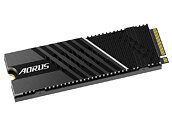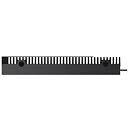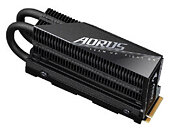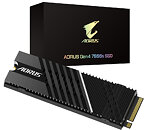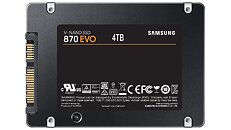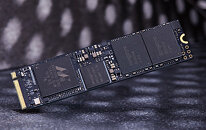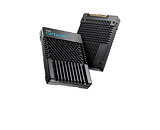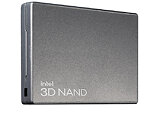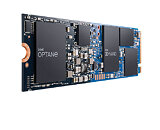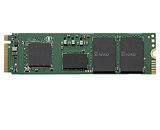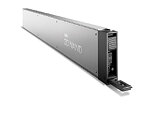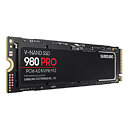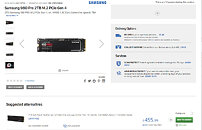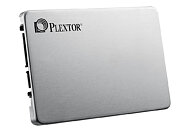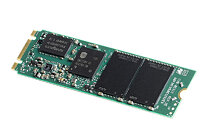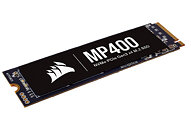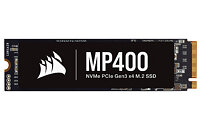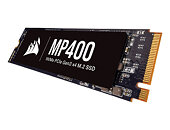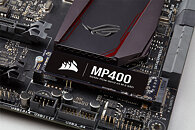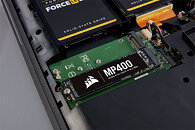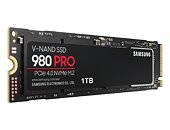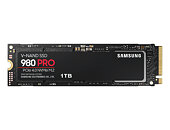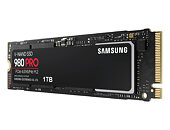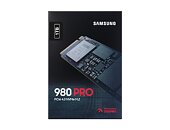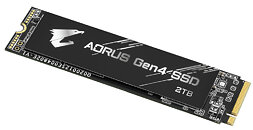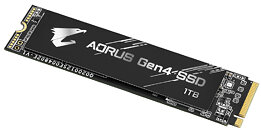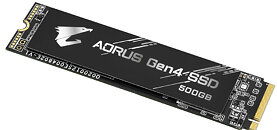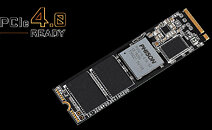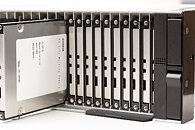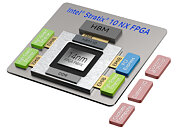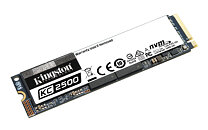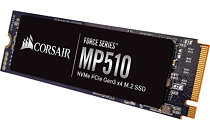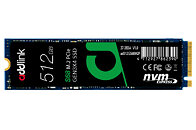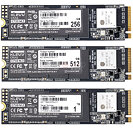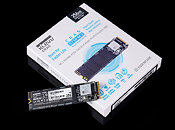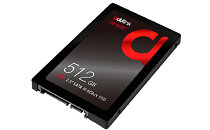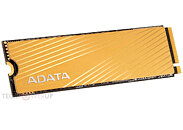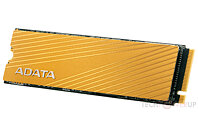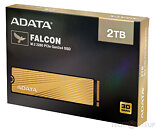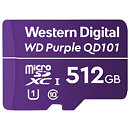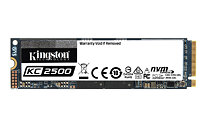
GIGABYTE Launches the AORUS Gen4 7000s M.2 NVMe SSD
Gigabyte Technology, one of the top global manufacturers of motherboards, graphics cards, and hardware solutions, announces today the latest AORUS Gen4 7000s SSD with up to 7 GB/s read speed. Enhanced by the new generation PCIe 4.0 controller with advanced 3D-TLC NAND Flash, it boosts up to 55% more performance than previous generation PCIe 4.0 NVMe SSD. AORUS Gen4 7000s SSDs come in two capacity variants, 2 TB and 1 TB with M.2 2280 interface to make installation easy. They equip big aluminium thermal interface in different sizes and double side thermal pad with Nanocarbon coating for improved heat dissipation. Meanwhile, the SSD Tool Box application provides the instant overview and adjustment of SSD status.
"The storage devices are taking advantage of the PCIe 4.0 transfer speed that raised from 5 GB/s to almost 8 GB/s, which is great news for users who expect to optimize storage performance and reduce the bottle neck of system operation." said Jackson Hsu, Director of the GIGABYTE Channel Solutions Product Development Division. "AORUS Gen4 7000s SSDs further advance the standards set by our previous SSD products to provide users with breakthrough performance. After the OS installed, uses can enjoy unprecedented 7 GB/s read speed with 1 TB or 2 TB storage capability. The thermal solution and the double-sided thermal pad are designed to slow down the throttling that might occur at high-speed operation of SSD, thus boost the system performance."
"The storage devices are taking advantage of the PCIe 4.0 transfer speed that raised from 5 GB/s to almost 8 GB/s, which is great news for users who expect to optimize storage performance and reduce the bottle neck of system operation." said Jackson Hsu, Director of the GIGABYTE Channel Solutions Product Development Division. "AORUS Gen4 7000s SSDs further advance the standards set by our previous SSD products to provide users with breakthrough performance. After the OS installed, uses can enjoy unprecedented 7 GB/s read speed with 1 TB or 2 TB storage capability. The thermal solution and the double-sided thermal pad are designed to slow down the throttling that might occur at high-speed operation of SSD, thus boost the system performance."
